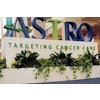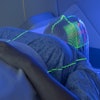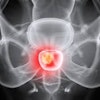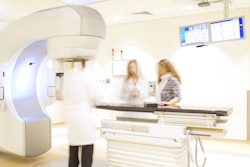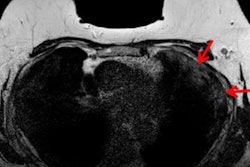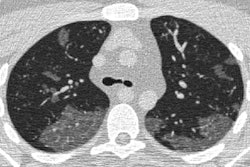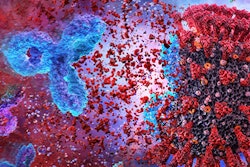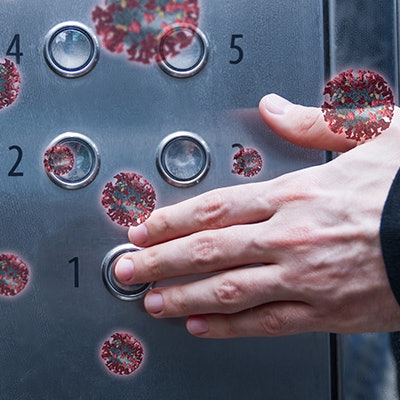
Patients shouldn't postpone their cancer treatment for fear of SARS-CoV-2 infection by visiting healthcare facilities, according to a research letter published online August 27 in JAMA Oncology. Researchers found little risk of infection if appropriate disinfection protocols are followed.
The study findings address a concern held by both clinicians and patients -- namely, that the SARS-CoV-2 virus might spread through contact with contaminated surfaces and that vulnerable populations such those with cancer should delay treatment during the pandemic, wrote a group of researchers led by Dr. Imraan Jan of Rutgers University in New Brunswick, NJ. But this doesn't seem to be necessary.
"The results of [our] study suggest that following strict prevention protocols and routine cleaning and disinfecting seem adequate for limiting surface contamination with SARS-CoV-2," the group wrote.
Cancer patients may be at more risk of negative outcomes if they become infected with SARS-CoV-2, so evaluating the presence of the virus in cancer care facilities is key to weighing the benefit of cancer treatment versus risk of infection, the group noted.
"Many of the patients with cancer at our clinic have deferred or canceled their scheduled follow-up visits because of fears about COVID-19, and many radiation oncology clinics have experienced substantial decreases in patient volume because of the pandemic," the researchers wrote. "Although rescheduling follow-up visits or converting selected follow-up visits and consultations to telemedicine is good practice during the pandemic, some patients or clinicians may delay or decline important cancer therapies that can substantially affect quality of life and cancer outcomes."
Limited data are available about environmental contamination with SARS-CoV-2 in clinics and departments not specifically providing COVID-19 treatment, the authors noted. To address the knowledge gap, they conducted a study that assessed the efficacy of infection safety measures in the department of radiation oncology at Rutgers Cancer Institute of New Jersey.
From May 1 to May 13, the department was swabbed three times per week for the SARS-CoV-2 virus right before it was disinfected according to World Health Organization protocols for COVID-19, with a focus on areas in frequent patient contact. The group also tested objects that came into contact with a patient with COVID-19 who underwent five radiation treatments during the study timeframe (chair, linear accelerator, blood pressure cuff, and immobilization mask). Samples were analyzed via real-time reverse transcription polymerase chain reaction (RT-PCR) testing.
The study included 128 samples from the following:
- 80 from patient areas (such as the sign-in computer keyboard and mouse, chairs, elevators, sinks, toilets, and door handles)
- 19 from staff areas (such as computer keyboards and door handles)
- 29 from department equipment (such as blood pressure cuffs, the linear accelerator, and an immobilization mask)
None of the 128 samples were positive for SARS-CoV-2, including those collected from objects used by the COVID-19 patient, the team found.
"Systematic testing of environmental surfaces in the radiation oncology clinic revealed no detectable SARS-CoV-2 RNA," Jan and colleagues concluded. "We believe that appropriate patient care should not be delayed because of the pandemic."

